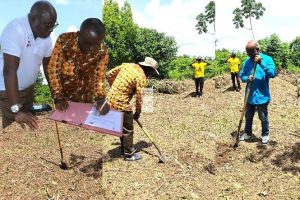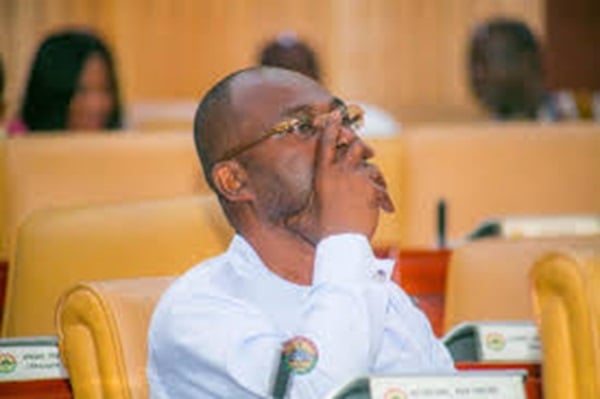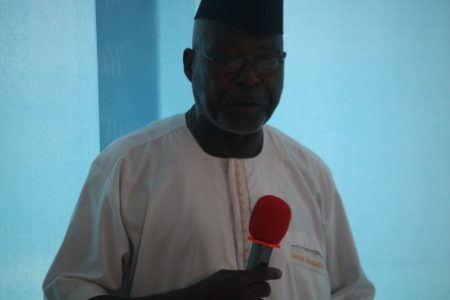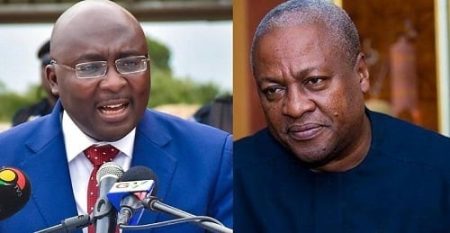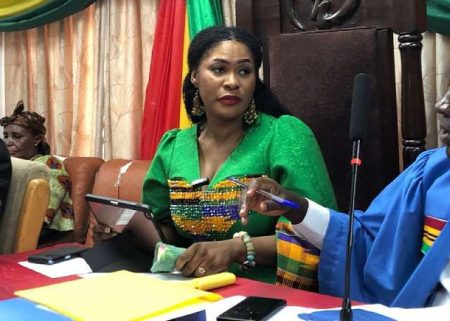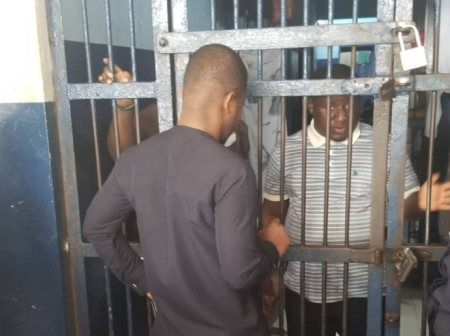The 2024 general elections in Ghana witnessed a significant shift in the political landscape, with the New Patriotic Party (NPP) suffering a resounding defeat. Dr. Kofi Appiah Koranteng, Deputy Registrar at Kwame Nkrumah University of Science and Technology (KNUST), has attributed a portion of the blame to the controversial figure of Kennedy Agyapong, a firebrand politician whose actions and rhetoric, according to Dr. Koranteng, significantly undermined the party’s unity and electoral prospects. Dr. Koranteng’s critique centers on Agyapong’s divisive public pronouncements, contradictory stances, and overall disruptive influence within the NPP.
Agyapong’s tumultuous political behavior, marked by frequent public outbursts and inconsistent messaging, created confusion and eroded public trust in the NPP. His public criticisms of party leadership and colleagues, coupled with claims of being sidelined despite assertions of financial contributions and lucrative contract awards, fueled internal discord and projected an image of disunity. This internal strife weakened the party’s overall image and likely alienated voters seeking stability and coherence. Dr. Koranteng emphasizes that Agyapong’s actions cannot be dismissed as mere political theatrics; they had tangible consequences for the party’s electoral fortunes.
The loss of Agyapong’s own parliamentary seat in Assin Central, a constituency he had held for many years, serves as a stark symbol of his waning influence and the broader decline of the NPP. Dr. Koranteng highlights the unusual nature of this defeat, noting that established politicians typically ensure their party retains the seat even after their departure. Agyapong’s failure to do so underscores the depth of the party’s problems and the extent to which his own actions may have contributed to this downfall. This loss, coupled with significant losses in the Central Region, Agyapong’s supposed stronghold, further weakens his claims of political dominance and exposes the contradictions between his rhetoric and electoral realities.
The NPP’s overall performance in the Central Region, where Agyapong claimed considerable sway, also raises questions about his leadership and influence. Despite his boasts of significant financial support for the party and his perceived popularity, the NPP experienced substantial losses in the region. This disconnect between Agyapong’s self-portrayal as a party kingmaker and the actual electoral outcomes further reinforces Dr. Koranteng’s argument that Agyapong’s actions ultimately harmed the party’s electoral prospects.
Dr. Koranteng’s critique extends beyond the immediate aftermath of the 2024 elections and looks toward the future of the NPP. He asserts that the party must engage in critical self-reflection to understand the factors that contributed to its defeat and to chart a course correction for the future. Addressing the internal divisions and contradictions exemplified by Agyapong’s behavior is crucial for rebuilding party unity and regaining public trust. Ignoring these issues, warns Dr. Koranteng, risks further alienating the party’s base and jeopardizing its chances in future elections. He calls for accountability, urging party members and the broader public to scrutinize Agyapong’s conduct and its impact on the NPP’s standing.
In essence, Dr. Koranteng’s analysis presents Kennedy Agyapong as a significant contributing factor to the NPP’s 2024 electoral defeat. His argument highlights the damaging effects of Agyapong’s public antics, divisive rhetoric, and contradictory political conduct. The loss of Agyapong’s own parliamentary seat and the NPP’s decline in his perceived stronghold further underscore the shortcomings of his leadership and the negative impact of his actions on the party. Dr. Koranteng’s call for introspection and accountability serves as a crucial reminder that addressing internal divisions and fostering unity are essential for the NPP’s future success.



